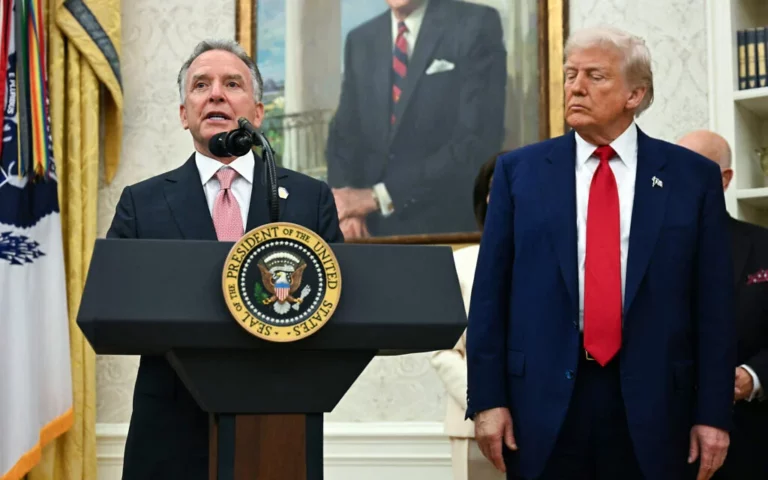In a rare step, Minister of Religious Affairs (Shas) David Azoulai approved the election of ten women to the body that elects the Chief Rabbinate on his behalf.
The elections for the Chief Rabbinate Council will take place in October. Many women cannot be appointed to the young person’s body because of the 150 representatives there are eighty rabbis and the remaining seventy are representatives of the authorities. The law allows the Minister of Religious Affairs to appoint another ten representatives on his behalf. The Minister, with the encouragement of MK Aliza Lavie and other Knesset members, appointed ten additional women to the constituency.
Towards the end of the winter session, Lavi advanced a bill that seeks to ensure a minimum representation of at least 20% women among the representatives of the public who make up selection committee. When the proposal was rejected, Lavie wrote in a letter signed by more than 40 MKs asking Minister Azoulai to appoint 10 women representatives in order to reduce the gap slightly. MK Lavie was elected as the opposition’s representative in the constituency.
MK (Yesh Atid) said, “The composition of the constituent body hardly gives proper representation to women who make up half of the population, and I am happy and grateful that Minister Azoulai responded to my call and used his authority to correct the gap and appoint 10 women.”
Tani Frank, Head of Religion and State in the Ne’emanei Torah V’Avodah Movement, also congratulated the minister and added: “A situation in which women do not hold positions in the rabbinate but are strongly influenced by their decisions requires representation among public representatives who elect the members of the Chief Rabbinate Council. We will continue to work for the proper representation of all segments of Israeli society, religious Zionism and women in the electorate.”
The selected women are: Chaya Broide, Adv. Michal Rosenbaum, Naomi Breitkauf, Mina Dina Turnheim, Adele Cozin, Shalhevet Chasdiel, CPA Hadassah Rosenberg, Adv. Geula Avidan, Dvora Steinberg and Talia Halper.
Appointments to the appointments committee for the Chief Rabbinate were made public when it was reported that representatives from Yehuda and Shomron could not be appointed because of the opinion of the Ministry of Justice, according to which, in the absence of the Chief Rabbinate Law in Yehuda and Shomron, representatives of bodies from the region, and therefore, they cannot be included in the selection body.
(YWN Israel Desk – Jerusalem)












6 Responses
Given that the office of the chief-rabbinate in EY is a really more of a political rather than religious appointment, and the government employees who work for the Rabbanus administer the secular laws governing marriage, conversion etc. , which in turn must conform to halacha, it is only appropriate that women play a role in these political appointments.
“Appointments to the appointment committee!!” ???
This process seems awkward and strange! Ain’t no normal way?
Besides, tyese two Rabbonim are wholly dedicated and committed and doing a great job! Why change things? Why fix what’s not broken?
David Azoulai
has long been someone for whom some temporary popularity or nice media pieces counted for more than anything else
He can easily switch party affiliations without missing a ..
Not sure this is the “first” time women will have a roll in deciding who gets to be the Chief Rabbi.
Yoel Teitelbaum’s wife, Alte Feiga, pretty much ran the Satmar dynasty from the time of the Rebbe’s stroke in 1968 until his passing in 1979. Afterwards, she ran the small Bnei Joel faction when Moshe Teitelbaum took over the Satmar leadership against her wishes.
A few other “dowager” rebbetzins had a large say as to which of their sons or nephews inherits the leadership and – more importantly – the assets of the dynasty.
I’m assuming these ladies are frum themselves. In any event, if there are serious issues they will be outvoted. But wouldn’t it be useful to have the input of half the frum population in choosing the chief rabbi? After all, a man isn’t supposed to serve as a posek until he’s married, since not being married means he will not understand the dynamics of family life and normal society. So long as the new members are not serving in public leadership roles, I don’t see that there’s a problem.